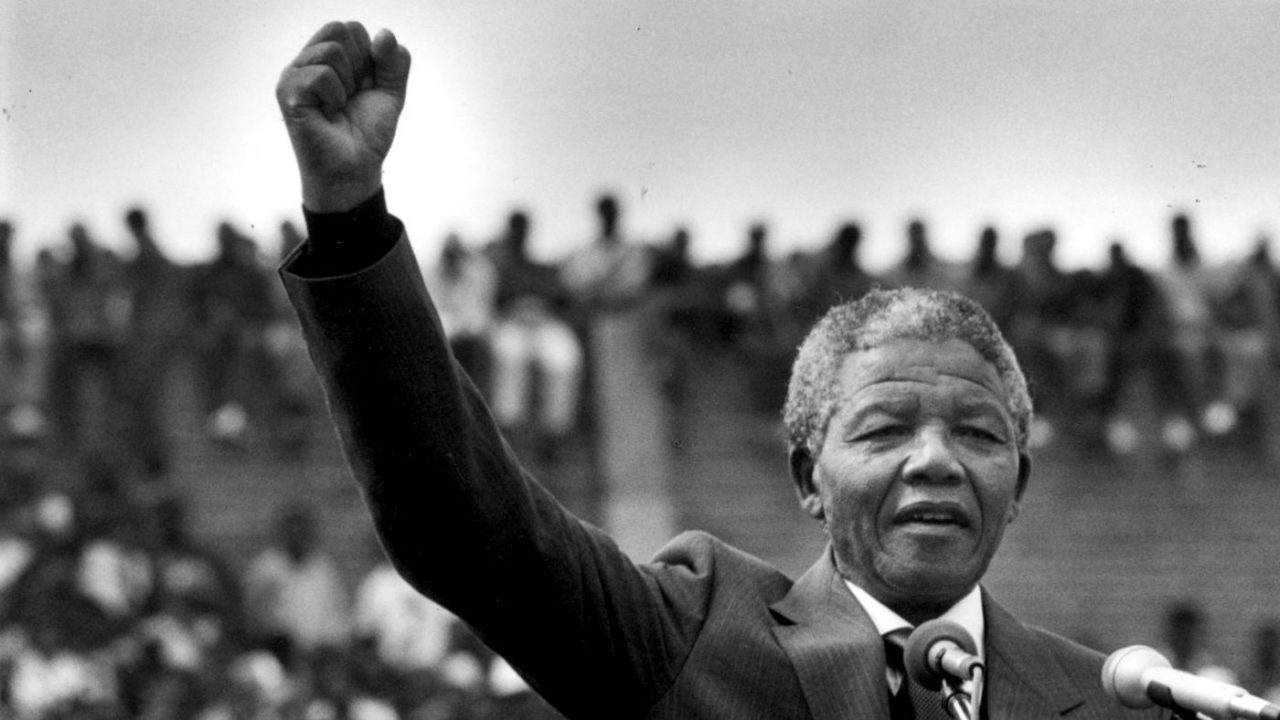
In June of 1990, a few months after his release from the South African jail where he had been locked up for 27 years, anti-apartheid icon and then deputy president of the African National Congress (ANC) – Nelson Mandela arrived in the United States to rousing cheers from hundreds of thousands of adoring supporters, elected officials and celebrities. He held massive rallies in several US cities including New York, Detroit, Oakland and a packed house at the Coliseum in Los Angeles. A week after the hundredth birthday anniversary of the icon, the 41-year old Prime Minister of Ethiopia – Dr. Abiy Ahmed who came into power on the back of enduring protests, repeated that feat albeit on a smaller scale.
He was greeted in Washington DC, Target Center in Minnesota and at the Galen Center in Los Angeles by tens of thousands of adoring supporters, eliciting the already floated comparisons to Mandela. While the comparisons are undoubtedly premature, the parallels are as striking as they are astonishing. What is unfolding in Ethiopia is nothing short of historic and needs to be highlighted as a model for what exceptional African leadership looks like. At the very least to celebrate and reinforce the need for our leaders to strive for peace instead of division, for legacy instead of personal enrichment and for immortality instead of lifetime in office.
When Prime Minister Hailemariam Desalegn abruptly resigned in February, it threw Africa’s second most populous nation, which had already endured years of unrest, into political uncertainty. At the time, he said his resignation was “vital in the bid to carry out reforms that would lead to sustainable peace and democracy”. The ruling coalition of the EPRDF party then elected 41-year-old former minister of science and technology and ex-intelligence officer – Dr. Abiy Ahmed as its chairman, paving the way for him to become the countries Prime Minister and the youngest head of state in Africa.
A resignation by a sitting African leader was in itself a groundbreaking act, but the election of an Oromo man was a tectonic shift similar to the black majority taking power in South Africa. You see even though the Oromo’s represent the largest ethnic group in Ethiopia and one of the largest on the continent, they have been starved out of power, marginalized and criminalized for decades, with activists jailed, exiled and executed and groups like the Oromo Liberation Front (OLF) labeled as terrorist organizations. These tactics by the government to suppress dissent led to the years of mass protests that eventually led to the resignation of Desalegn and gave way to ascent of PM Ahmed.
In his first acts as Prime Minister, Dr. Ahmed freed political prisoners and journalists who had been held on phony or no charges, ended the protracted state of emergency, which had been imposed by the government following mass protests. He then moved to decriminalize opposition groups at home and abroad, signing a remarkable peace deal with the OLF, which has resulted in many exiles returning home for the first time since the violent Derg regime and its successor, forced tens of thousands to flee the country. The sweeping reforms which have been unfolding at breakneck speed included the unblocking of over 260 previously censored websites, blogs, radio and TV stations. Stating through his Chief of Staff that: “Freedom of expression is a foundational right that other rights depend on.”
Among Mandela’s great achievements, was his ability to forge peace deals; first with the ruling minority whites to end apartheid, a feat that earned him a share of the 1993 Nobel Peace Price, and then in Burundi among other places. In his short time in office, PM Ahmed has showed himself a skilled negotiator and a peacemaker. First ceding control over the disputed Badme Triangle; which had claimed more than 100,000 lives, to Eritrea. This paved the way for a previously unthinkable peace deal between the neighboring countries, which have been at war for the better part of two decades.
In yet another historic first, he and Eritrean President Afwerki traded high profile visits, culminating in a landmark peace deal. He also invited President Salva Kiir of South Sudan and the rebel leader Dr. Rieck Machar, to help broker a lasting peace deal between the warring factions and met with the Egyptian President Abdel Fattah el-Sisi to calm hostilities over the controversial hydropower dam Ethiopia is constructing in the Nile dam. While it remains to be seen what comes of the negotiated peace deals and armistice, there is no doubt that he has earned the Nobel Peace Prize.
While it is impossible to compare a leader who has only been in power for a few months with a civil rights icon; or to do the intense complexity that is Ethiopian history and politics justice in 850 words, it is important to recognize that when history is unfolding in real time as it is now, we are often too busy consumed by politics and spin and our own issues that we don’t pay attention. We then try to lionize them later as some mythical figures, as opposed to the people they were – everyday folks who dared to think and act differently.
[ad unit=2]



